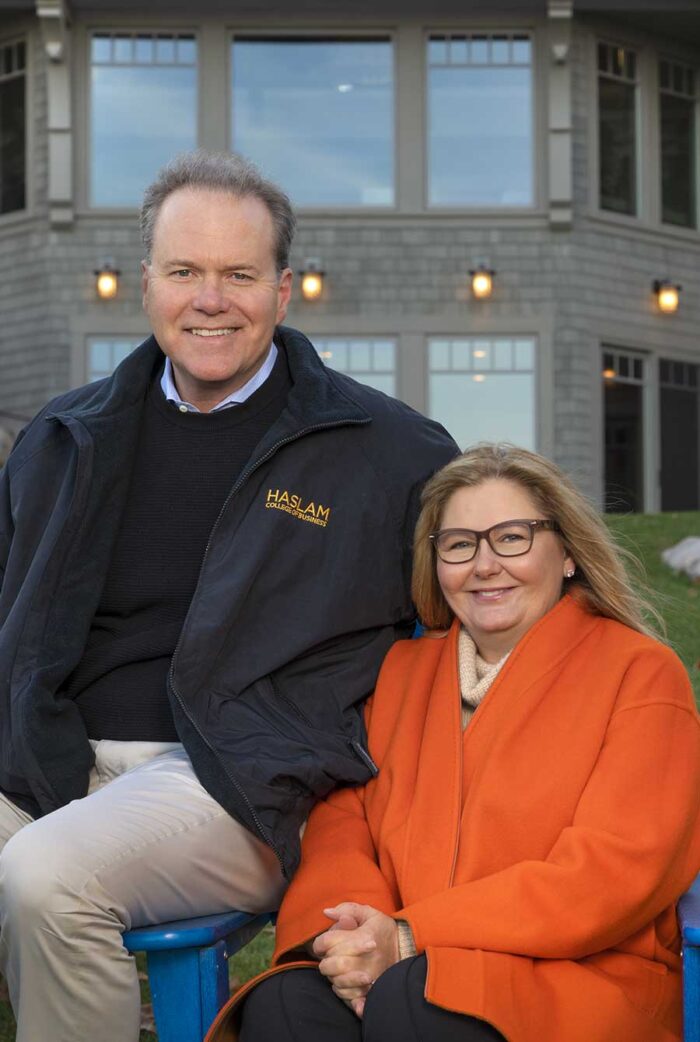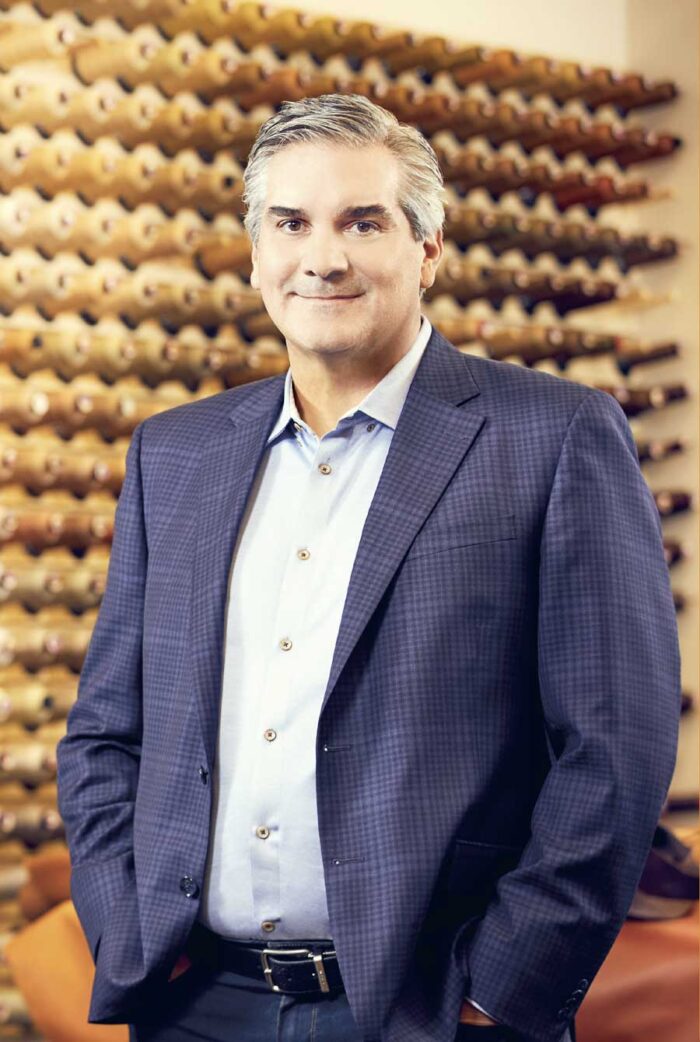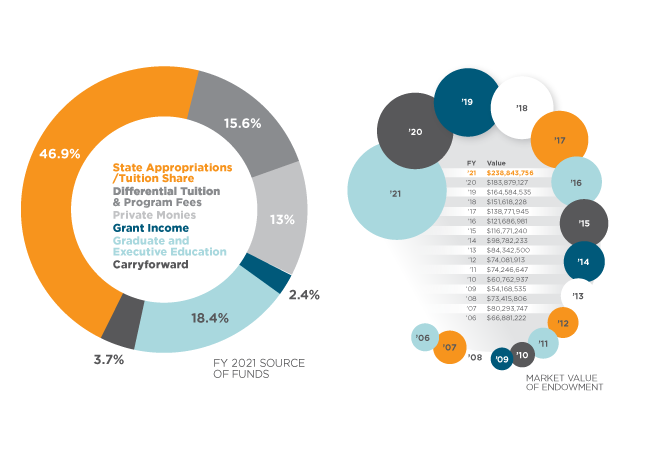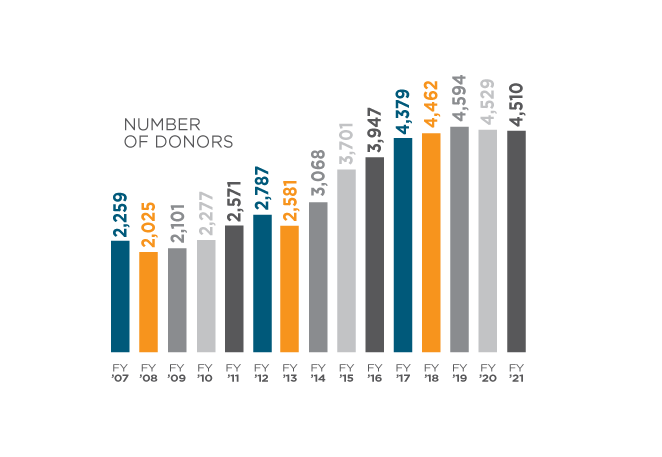Jordan Gill
 Jordan Gill - Winter 2022 image
Wheels and pedals have been Jordan Gill’s preferred mode of transportation since childhood. In high school, he’d bike to friends’ houses, the gym, and around the neighborhood as a way to stay in shape for the wrestling team. As an undergraduate student, he pedaled everywhere—to the grocery store, to class, and to parties.
Jordan Gill - Winter 2022 image
Wheels and pedals have been Jordan Gill’s preferred mode of transportation since childhood. In high school, he’d bike to friends’ houses, the gym, and around the neighborhood as a way to stay in shape for the wrestling team. As an undergraduate student, he pedaled everywhere—to the grocery store, to class, and to parties. 





